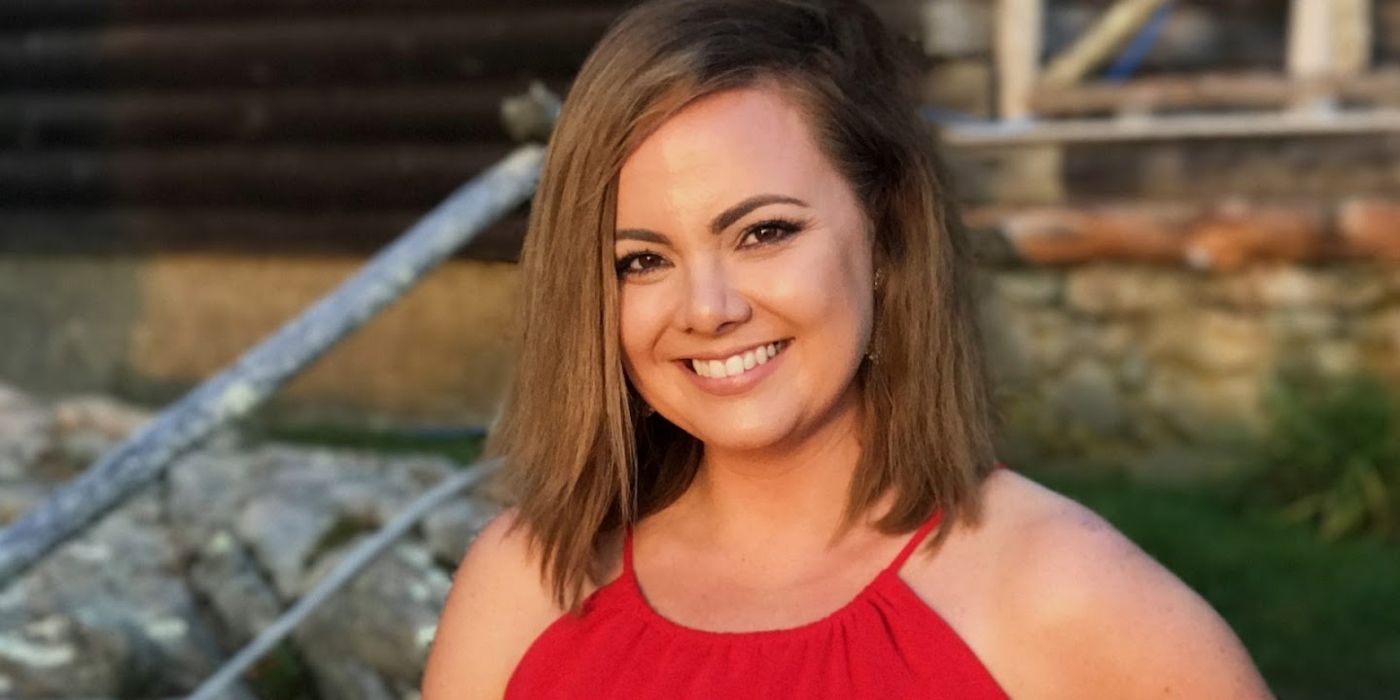Many gripping series have followed the bizarre stories of all kinds of con artists.
Last week, Netflix premiered the wild account ofBelle Gibson, depicted in the new showApple Cider Vinegar.
Shockingly, Gibson’s story is not all that unique.

Image via ABC
Her blog posts covered her doctor’s appointments, countless tests, and hospital stays.
Amanda quickly received a large amount of support from her friends and the people who attended her church.
But Amanda’s scam would start to unravel when a former friend of hers began questioning her story.

In 2015, investigative journalistNancy Moscatielloreceived a tip that Amanda was faking her illness.
The lies surrounding Amanda’s diagnosis came out into the open when Moscatiello started digging into the story.
In reality, Amanda never had cancer at all.

But instead of a whodunnit, the question becomes: what would inspire someone to actually fake having cancer?
And what does it say about the people who fell for her scam?
As a culture,we’re fascinated by the stories of scammersbecause it’s an examination of human psychology.

Most of us wouldn’t even dream of faking cancer or lying about a health diagnosis to steal money.
New episodes ofScamandaair Thursday nights on ABC.

